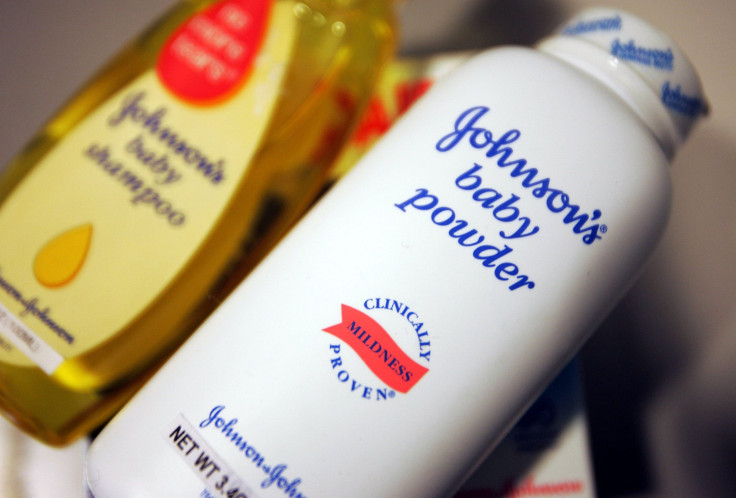Can Baby Powder Cause Ovarian Cancer? Johnson & Johnson Loses Another Lawsuit

Johnson & Johnson lost yet another lawsuit Monday to a woman who claimed prolonged use of Johnson's Baby Powder resulted in her getting ovarian cancer.
The Los Angeles superior court ruled in favor of California resident Eva Echeverria, and ordered the company to pay $70 million in compensatory damages and $347 million in punitive damages.
The alleged cancer risks linked to its talc-based products have embroiled the company in over 4,800 similar claims in the United States, Fortune reported.
In 2016, Johnson & Johnson lost three lawsuits over claims its talc products caused ovarian cancer in women.
Echeverria’s lawyers argued that Johnson & Johnson deliberately refrained from putting up a warning label on their products regarding the harmful effects of its talcum powder on ovaries, and instead continued to encourage women to use it for their personal hygiene.
The results of several studies to determine if talcum powder can cause ovarian cancer have been inconclusive.
Most of these studies focused on whether the chance of a woman getting ovarian cancer increased if particles of talcum or baby powder traveled through the vagina, uterus, and fallopian tubes to the ovary via sanitary napkins, diaphragms, condoms or direct application, American Cancer Society reported.
While the International Agency for Research on Cancer, which is a part of the World Health Organization, has stated that talcum powders containing asbestos (a substance that was earlier used in talcum powders but has been banned since 1970s in the U.S.) is “possibly carcinogenic to humans; the National Toxicology Program, formed by collaboration of governmental agencies such as the National Institutes of Health, the Centers for Disease Control and Prevention, and the Food and Drug Administration has not fully reviewed talc (with or without asbestos) as a possible carcinogen.
There is also a good explanation why medical experts have failed to make a decision on whether talcum powder can be linked to ovarian cancer, despite a vast number of studies conducted on the same.
“Several studies have suggested that using talcum powder increases the risk of ovarian cancer by 30 to 60 per cent. However, these studies interviewed women who already had ovarian cancer and asked them to remember whether they used talcum powder a long time ago. Their memories might not have been accurate, and they might have mistakenly thought they used more talc than they did in an effort to explain their cancer,” states an article on iHeard, a site run by Cancer Council Australia.
However, a study conducted in May 2016 by National Center for Biotechnology Information, found that 63 percent of the women who participated in the study (2,041 cases with epithelial ovarian cancer and 2,100 age-and-residence-matched controls) had sprayed themselves with talcum powder. They also admitted that the more popular choice when it came to using talcum powder for personal hygiene was Johnson & Johnson Baby Powder.
In the 1990s, Johnson & Johnson started targeting women belonging to minority groups as users of its baby powder. The company’s marketing slogan at the time — “A sprinkle a day keeps odor away” — revolutionized the uses of baby powder.
As a result, studies indicate that a higher percentage of African American women (44 percent) use talcum powder for feminine hygiene than either white (30 percent) or Hispanic (29 percent) women, Consumer Safety reported.
However, Johnson & Johnson has maintained that its products have been scientifically proven to not be carcinogenic in nature.
"We will appeal today's verdict because we are guided by the science, which supports the safety of Johnson's Baby Powder," the company said after the California jury gave its verdict.
© Copyright IBTimes 2024. All rights reserved.





















